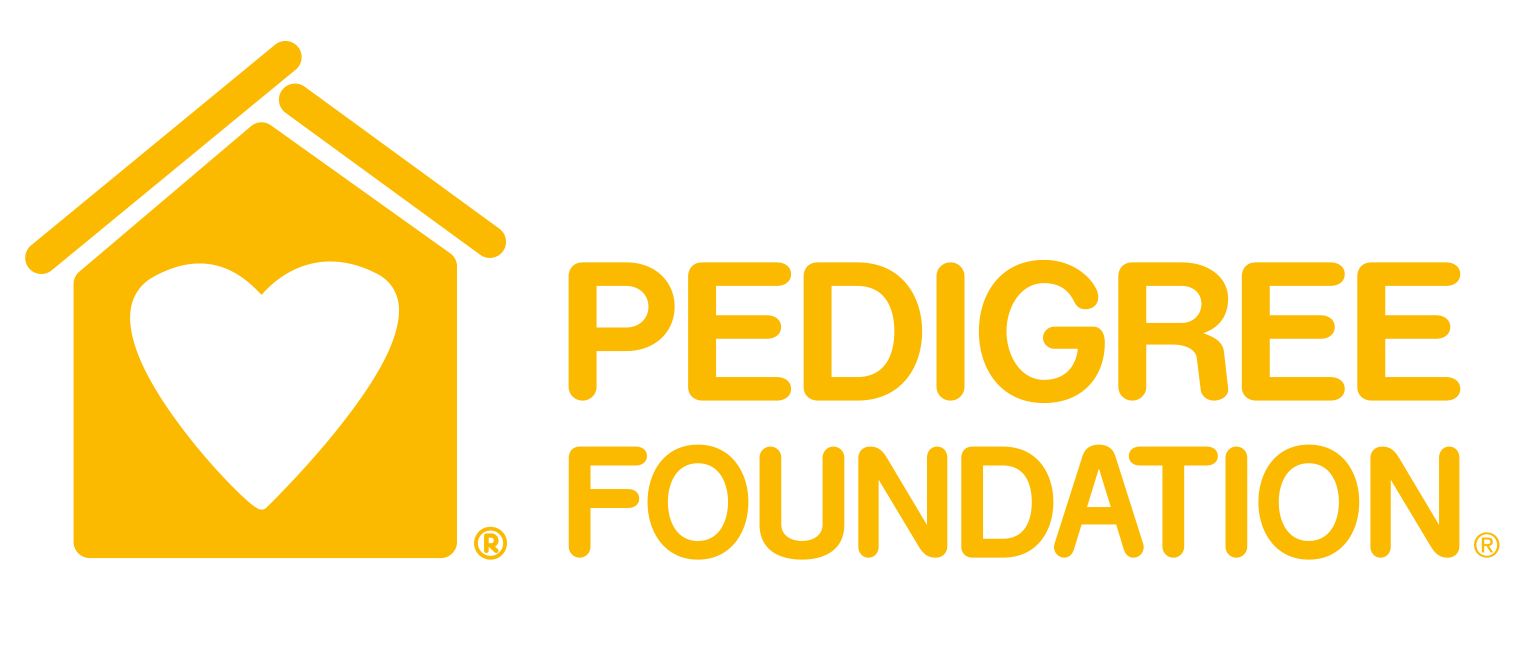Certain factors that are responsible for the growth of the companion animal healthcare market are increasing pet adoption across the world, rising government initiatives for animal health, and growing technological advancements in animal healthcare. A significant rise in the adoption of pet animals, including dogs, and cats, has been observed in recent years. The developed countries represent a significantly large share in companion animal ownership, owing to the favorable economic conditions and several other factors. For example, according to the 2019-2020 National Pet Owners Survey conducted by the American Pet Products Association (APPA), 67% of households, or about 85 million families in the United States, owned a pet. The increase in pet ownership is expected to boost demand for veterinary services leading to market growth. The increase in efforts by organisations is also expected to have a significant impact on the market. In June 2020, in the United States, Animal Welfare Organizations launched Human Animal Support Services (HASS), a new animal welfare organizational model, which will implement a new range of services for pets and people in 12 pilot cities, helping keep more animals in their homes and communities and reducing the number entering the shelter system through programs and resources.
Featured Content
A holistic guide to implementing the HASS pathways, designed to support animal welfare professionals in the industry’s call for systemic change.
Implement the HASS Model
Digital Tools
HASS Partners & Pilots
Latest From HASS






